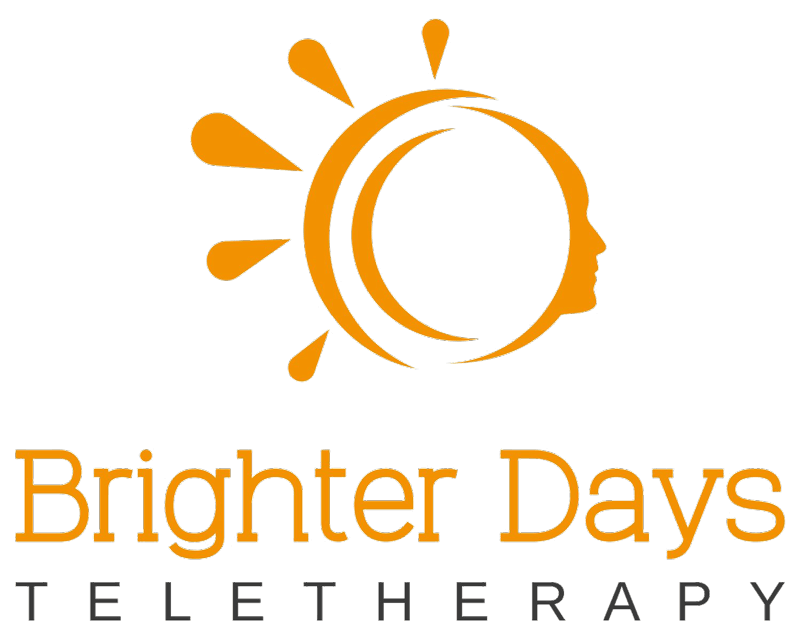Understanding and Healing from Early Attachment Trauma
What is Early Attachment Trauma?
Early attachment trauma occurs when a child’s bond with their primary caregiver is disrupted or inadequately formed. This bond, known as attachment, is crucial for a child’s emotional and psychological development. When caregivers are neglectful, abusive, inconsistent, or unavailable, the child’s sense of safety and security is compromised. This disruption can stem from various sources, including prolonged separation from caregivers, emotional or physical abuse, neglect, or inconsistent caregiving.
It’s essential to clarify that not all childhood adversities result in attachment trauma. Situations like occasional parental conflicts or temporary absences might cause distress but do not necessarily lead to attachment trauma unless they fundamentally disrupt the child's sense of stability and security.
Long-term Effects of Attachment Trauma
The long-term effects of attachment trauma are profound and pervasive, impacting multiple aspects of an individual’s life:
Relationship Difficulties: Adults with a history of attachment trauma often struggle with forming and maintaining healthy relationships. They might exhibit patterns of avoidance, clinginess, or repeated cycles of unhealthy relationships. Trust issues are common, making it hard to establish deep, meaningful connections.
Emotional Dysregulation: Individuals often experience intense, fluctuating emotions. They may struggle with chronic anxiety, depression, or emotional numbness. This dysregulation stems from an impaired ability to manage and process emotions healthily.
Self-esteem Issues: Early attachment trauma can lead to a persistent sense of unworthiness and low self-esteem. The lack of a stable, nurturing early environment often results in internalized feelings of inadequacy and self-doubt.
Mental Health Disorders: There is a higher susceptibility to mental health disorders, including PTSD, dissociative disorders, and chronic depression. These disorders are often a manifestation of unresolved trauma and ongoing emotional distress.
Behavioral Issues: Adults may engage in self-sabotaging behaviors, such as substance abuse, compulsive behaviors, or other forms of escapism. These behaviors serve as coping mechanisms to avoid dealing with underlying trauma.
Physical Health Problems: Chronic stress from unresolved attachment trauma can lead to various physical health issues, including chronic pain, gastrointestinal problems, and increased vulnerability to illnesses due to a weakened immune system.
How Does Early Attachment Trauma Affect Emotional Regulation?
Emotional regulation refers to the ability to manage and respond to emotional experiences in a balanced way. Early attachment trauma significantly impairs this ability:
Hypervigilance: Many individuals with attachment trauma are constantly on high alert, anticipating danger or rejection. This hypervigilance is a result of an overactive stress response system, developed as a survival mechanism in a threatening environment.
Difficulty Identifying Emotions: People with attachment trauma often have trouble recognizing and naming their emotions. This alexithymia stems from a disconnection between their emotional experiences and cognitive processing of those emotions.
Impulse Control Issues: Poor emotional regulation often leads to impulsive behaviors. Individuals may act out of intense emotional states without considering the consequences, leading to further stress and complications in their lives.
Chronic Anxiety and Depression: The inability to regulate emotions can result in chronic feelings of anxiety and depression. These individuals might swing between feeling overly anxious and deeply depressed, with little ability to moderate these extremes.
The Benefits of Working with a Specialist in Early Attachment Trauma
Working with a therapist who specializes in early attachment trauma, especially one trained in attachment-focused EMDR (Eye Movement Desensitization and Reprocessing), offers significant benefits:
Specialized Understanding: Therapists specializing in attachment trauma have a deep understanding of how early disruptions in caregiving affect long-term emotional and psychological health. They can tailor interventions to address these specific needs.
Targeted Interventions: Attachment-focused EMDR is particularly effective in processing traumatic memories without requiring the client to repeatedly relive the trauma. This therapy helps rewire the brain’s response to traumatic memories, reducing their emotional impact.
Holistic Approach: A specialist can integrate various therapeutic approaches, including psychodynamic therapy, cognitive-behavioral techniques, and mindfulness practices. This holistic approach ensures that therapy addresses all facets of the individual’s experience.
Building Healthy Relationships: Therapy focuses on helping clients develop healthy attachment styles. This includes recognizing and fostering "green flags" in relationships, such as mutual respect, effective communication, and emotional availability.
Enhancing Self-awareness: Therapy aids in developing greater self-awareness and emotional intelligence. Clients learn to identify their emotions, understand their triggers, and develop healthier ways to cope with stress.
Creating Safe Spaces: Specialists help clients create and maintain safe environments, both internally and externally. This involves building a sense of self-worth, establishing boundaries, and fostering self-compassion.
Healing from early attachment trauma is a challenging but profoundly rewarding journey. The long-term effects of such trauma can be debilitating, impacting relationships, emotional regulation, and overall mental health. However, with the right therapeutic support, particularly from a therapist specializing in early attachment trauma and attachment-focused EMDR, individuals can process their trauma, develop healthier emotional responses, and build fulfilling, secure relationships.
Online therapy provides an accessible platform for this healing process, allowing individuals to engage in therapy from the comfort of their homes. Whether through online EMDR therapy or other therapeutic modalities, those affected by early attachment trauma can find hope and healing.
If you or someone you know is struggling with the long-term effects of early attachment trauma, consider reaching out to a specialized therapist. Healing is not just possible—it’s within reach. Let’s take the first step towards a healthier, more connected future together.

